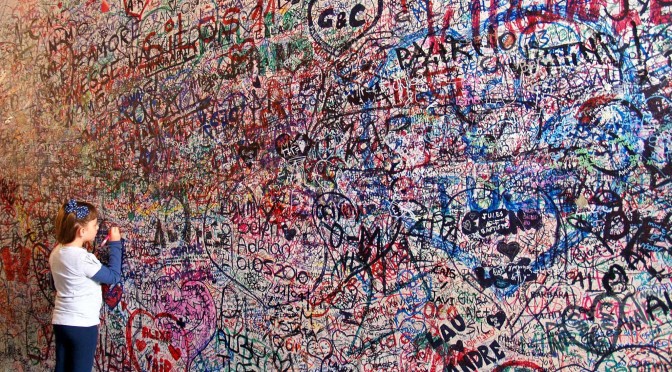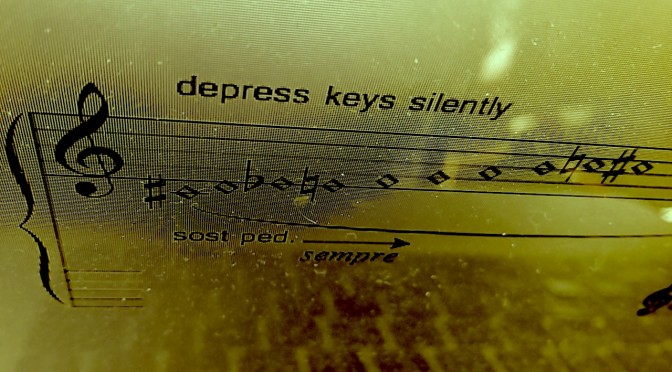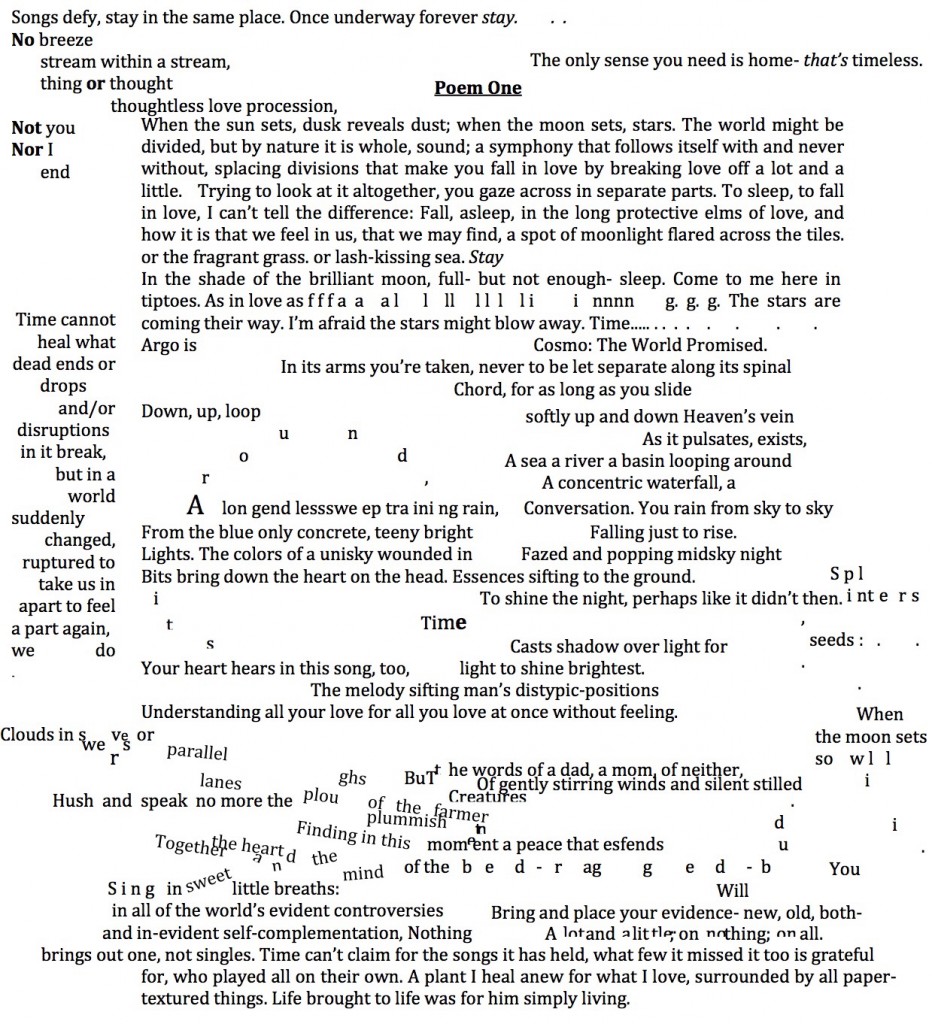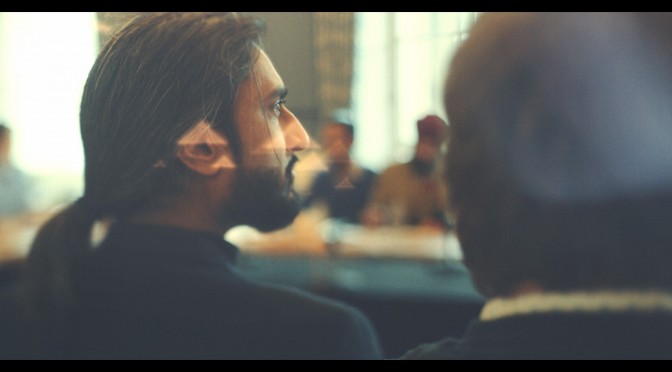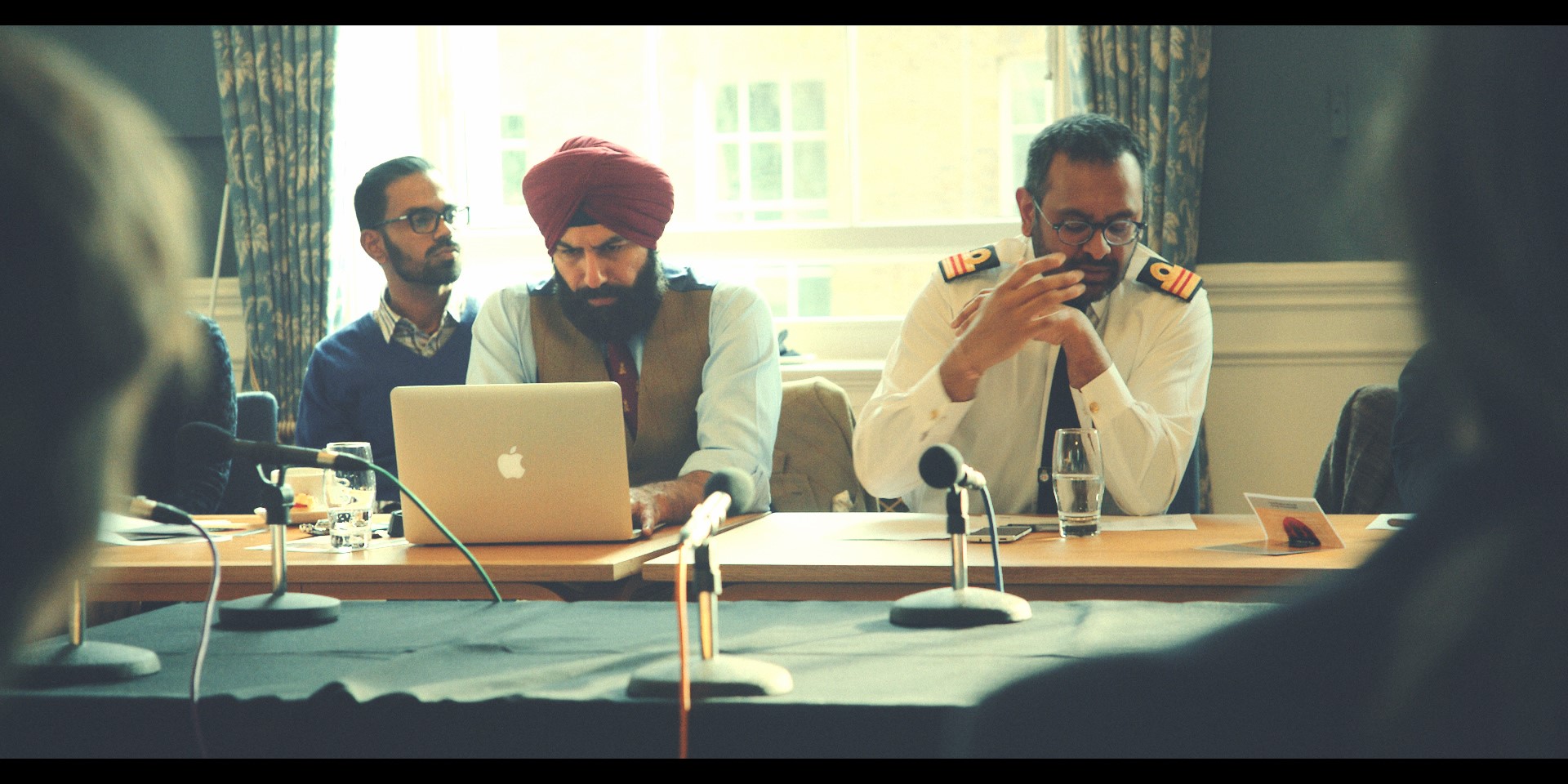By Kélina Gotman, Lecturer in Theatre and Performance Studies
It is mid-July. The vote for Brexit has happened, leaving many stunned into silence or shocked into outrage, or a combination of both. We haven’t managed to advertise extensively for the smooth & striated: form event and consider cancelling. Then reconsider. It will be strong – perhaps strongest – in small numbers, with a focused few. To do it now means to allow ourselves the luxury (is it a luxury?) of … for lack of a better term … going with the flow, thinking on our feet. Improvising. And that’s also what it is about: ways to think together in a space, on our feet, drawing; to read, transversally, to cut across a couple of texts and discover resonances and recombinations, to think laterally, perhaps.
We have decided for this event to focus on two key texts in twentieth-century art and philosophy, and to rethink not only their critical genealogies (the way Pierre Boulez’s work on pulsed and non-pulsed time, in “Time, Notation, Coding” in particular informs Gilles Deleuze and Félix Guattari’s arguably far wider-reaching and still inestimably influential chapter, “1440: The Smooth and the Striated,” from Capitalisme et schizophrénie 2: Mille Plateaux), but also the way both these complex works trouble ways of thinking linearity, teleology and what seems to be an overwhelming preference for the rhizomatic in contemporary art, including particularly in music and dance.


